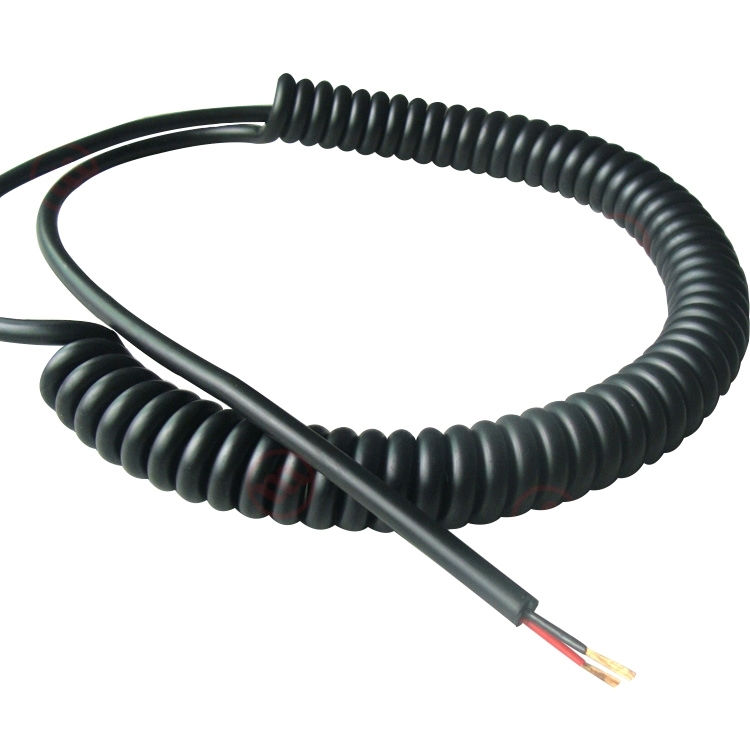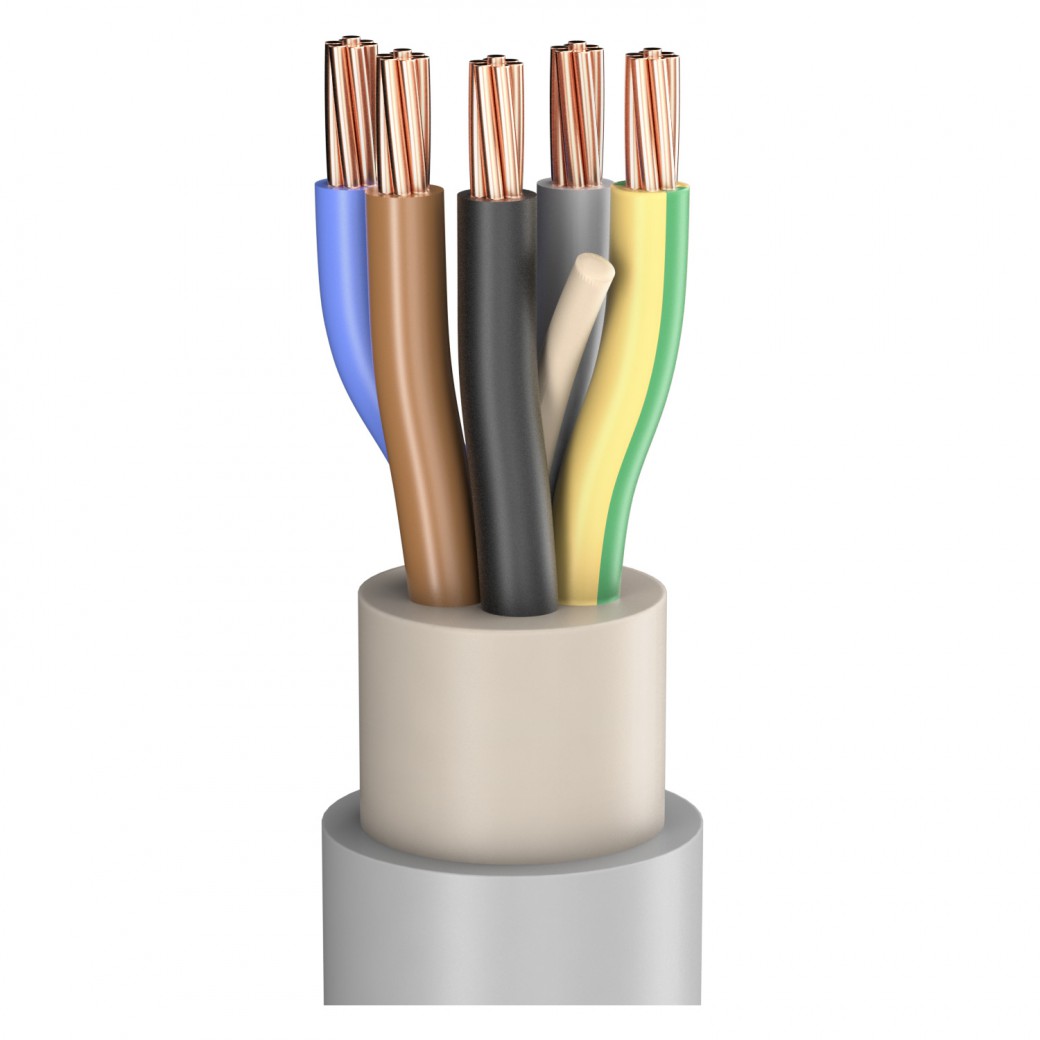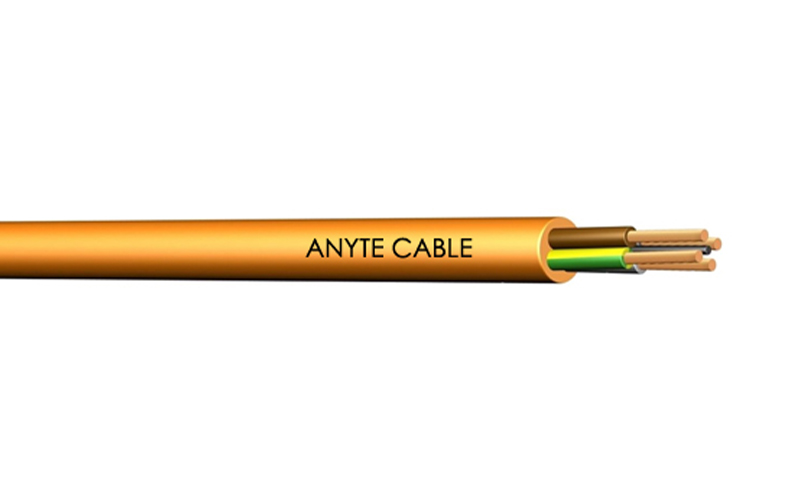Ⅰ. Introduce
The importance of Fire resistant cable performance is self-evident. In large buildings, fire protection cables are one of the most important systems. Not only does it keep buildings safe, but it also reduces fire hazards.
Ⅱ. Why Fireproof Cables Are So Important
The role of Fire resistant cable performance in buildings is very important. It can protect people from fire, so a suitable fireproof cable should be selected.
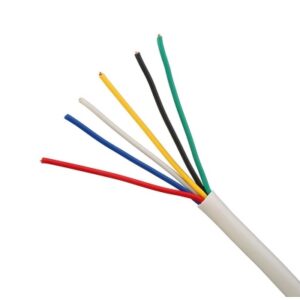
So how should you choose a fireproof cable? Today we will give a brief introduction. First of all, we must clarify the main function of the cable, and choose the corresponding fireproof cable according to the different occasions. The second is to choose the correct materials and specifications, which is also very important. The general standard is: the flame retardant and fire resistance grades are Class A and Class B, and the insulating materials that meet the requirements can withstand the burning of the fire field within 1min and keep it for 10s, and in the regulations The internal structure of electrical products that meet the design requirements shall comply with the current national standards.
Fireproof cables can be considered from the following aspects. First of all, it is necessary to understand the characteristics of Fire resistant cable performance and the scope of application; secondly, to see whether the material and structure of the outer conductor of the cable meet the regulations; lastly, to see the temperature resistance of the cable, because the cable will burn under high temperature conditions, so it is necessary to The protection of such cables requires special attention.
Ⅲ. The principle of fireproof cable
The principle of fire resistant cable performance is to use thermally conductive wire to transfer heat, so as to achieve the purpose of fire prevention. Usually fireproof cables use stainless steel wires as conductors because stainless steel has good thermal conductivity. Also, take care to use matching connectors and terminals.
1.Choose fire-resistant cables according to material characteristics. Generally speaking, steel cables have better fire-resistant performance than aluminum cables; because the two have certain similarities in structure, the main difference between them is the difference in materials:
- Steel cables are generally produced with spiral steel pipes. Aluminum cables are mostly made of aluminum alloys.
- Because the aluminum alloy cable contains a lot of alumina, it will emit harmful gas when it is burned, and it is not conducive to human health, so it can only be used in some temperature-sensitive occasions.
- The fireproof cable of the copper-aluminum composite structure generally adopts the core wire of copper, aluminum or stainless steel.
- When choosing Fire resistant cable performance, special attention should be paid to its connection parts and insulation performance. For example, aluminum wire should be used in the cable.
2. The following aspects should be considered when selecting cable specifications
- According to the place to be laid, determine the requirements for the type, quantity, diameter, thickness and insulation layer of the cable.
- According to the required installation conditions and equipment configuration requirements, select the type and specification of the cable.
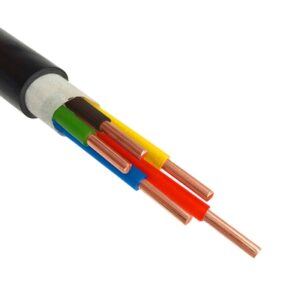
Ⅳ. The role of fireproof cables
Fire resistant cable performance has two major functions: protecting wires and protecting personnel. Fire-resistant cables can transmit fire from wires to other parts, preventing wires from causing fires. In addition, fire-resistant cables can also protect people from death due to electric shock. Therefore, in the process of use, we must pay attention to the quality of fireproof cables.
- Check whether the wire has passed the inspection of professional institutions.
- Check whether the insulation layer and sheath layer of the fireproof cable are aging and cracked.
- Check whether the joints and connectors of the cable are complete and firm, and check whether there is any looseness.
- Test the resistance of the cable with a multimeter.
- Check whether the fireproof cable has flame retardant function.
- Check whether the fire protection products meet the standards.
Ⅴ. What types of fireproof cables are there
Common fireproof cables include plastic jacket fireproof cables, metal jacket fireproof cables and halogen-free fireproof cables. Among them, the metal jacketed fireproof cable has a long service life and good weather resistance, but the price is relatively expensive; the halogen-free fireproof cable has good chemical resistance and is suitable for use in humid places, but the service life is not as good as that of the metal jacketed fireproof cable.
Ⅵ. How to choose the fireproof cable correctly
- When choosing كابل مقاوم للحريق performance, the fire performance, service life and price of the cable must be considered.
- Fire resistance of the cable: The cable has good fire resistance characteristics, which means that the cable can resist the influence of external factors such as fire baking, electric spark, water heat, etc. on its performance, and the cable contains special components or substances with special significance. It may lead to the decline of the flame retardant performance of the cable.
- Shielding performance of cables: In order to achieve the purpose of safety protection, cables must be shielded, such as the outer sheath of electrified railway lines, communication lines and equipment, and the inner sheath of cables. In addition, it is necessary to pay attention to the mechanical performance requirements of the cable to prolong the service life of the cable.


